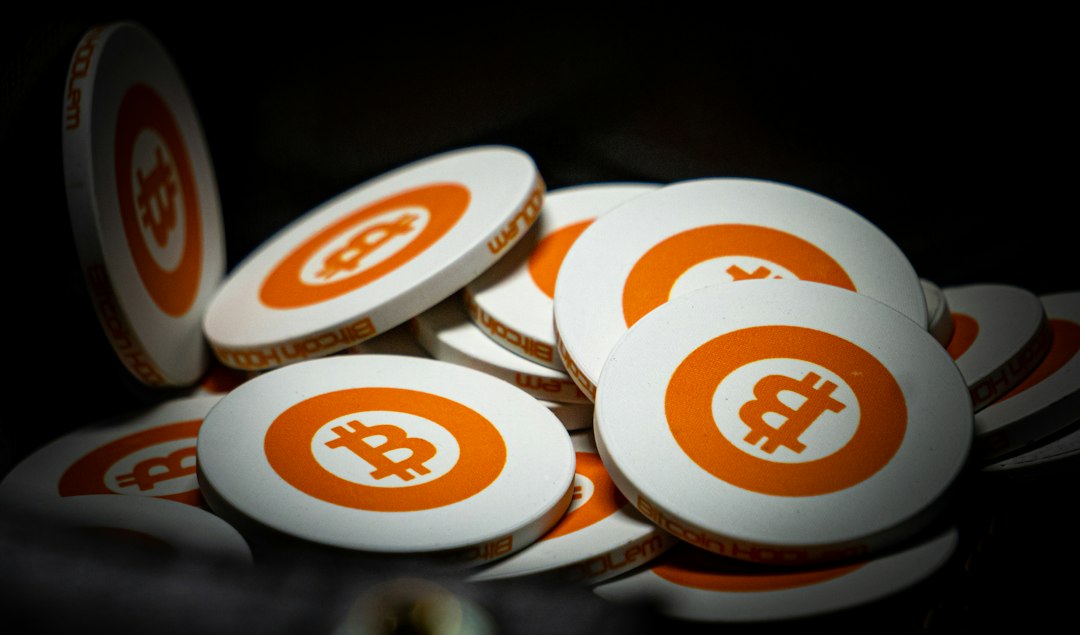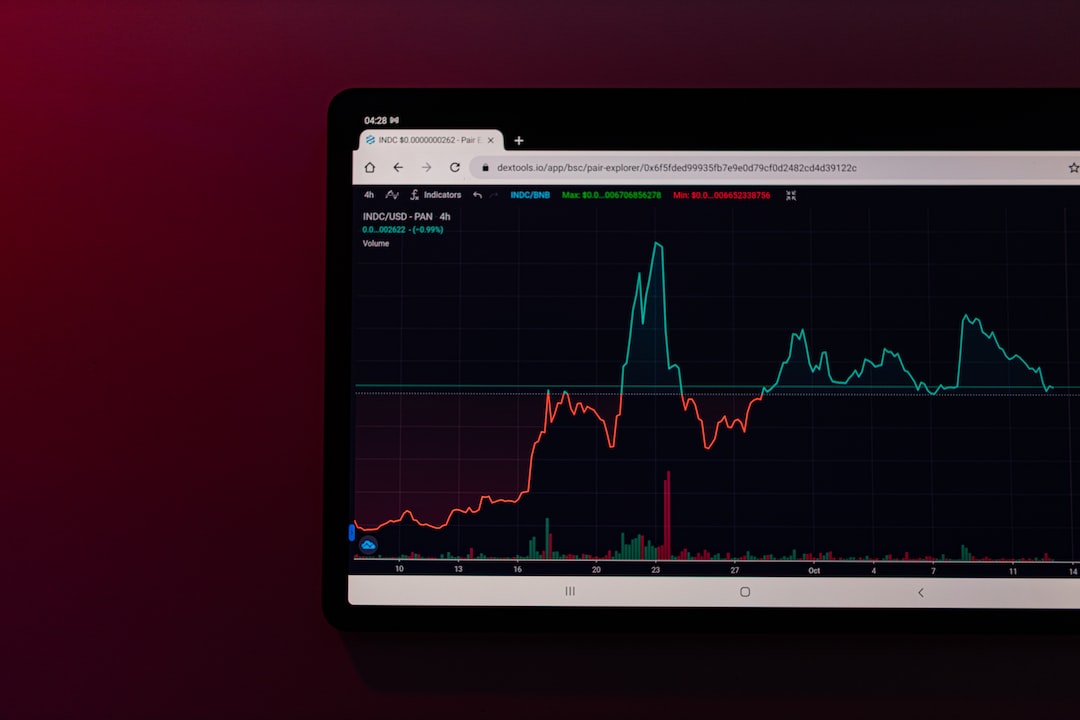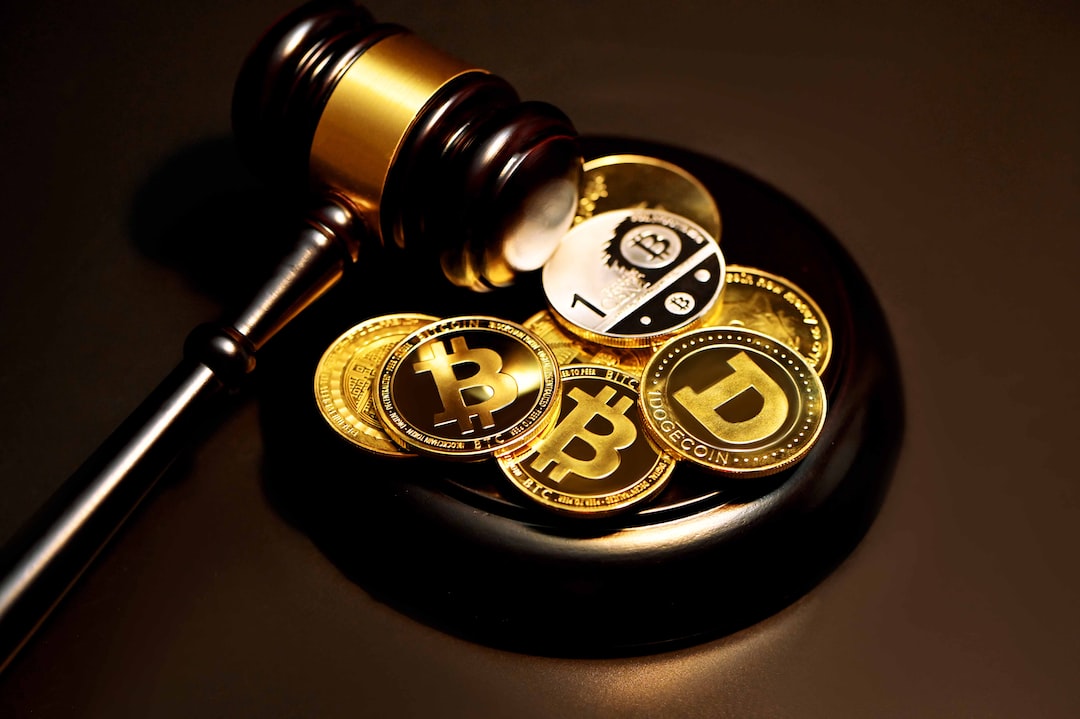Twitter Denies Responsibility for Fraudulent SEC Tweet
Twitter has responded to accusations that it was responsible for a fraudulent tweet sent from the U.S. Securities and Exchange Commission’s (SEC) account. The tweet falsely announced the approval of 13 spot Bitcoin ETFs. Twitter’s Safety team confirmed that the compromise of the SEC account was not due to a breach of its systems, but rather an unidentified individual gaining control over a phone number associated with the account through a third party. The SEC account did not have two-factor authentication enabled at the time of the hack, which is a security measure recommended by SEC chair Gary Gensler. Twitter encourages all users to enable this extra layer of security.
Fraudulent Tweet Causes Bitcoin Price Drop
While waiting for the approval of a spot Bitcoin ETF, the compromised SEC Twitter account falsely claimed that all approvals had gone through. As a result, the price of Bitcoin dropped from $47,680 to nearly $45,500. However, Gensler later clarified that the SEC had not approved any pending Bitcoin ETFs.
SEC Confirms Unauthorized Access to its Twitter Account
Late on Tuesday, the SEC confirmed “unauthorized access and activity” on its Twitter account. The person(s) responsible for the unauthorized access has been terminated. The SEC will be working with law enforcement and other government partners to investigate the incident and determine appropriate actions.
Possible SIM Jacking or Social Engineering
Although Twitter did not provide specific details about its findings, some speculated that the attacker may have engaged in SIM jacking or SIM swapping. This malicious attack involves tricking a mobile provider into transferring a victim’s phone number to a SIM card controlled by the hacker. Another theory suggested that an SEC employee may have fallen victim to social engineering, a psychological attack that aims to deceive individuals into revealing confidential information.
Hot Take: Twitter Faces Criticism for Compromised SEC Account
Twitter is facing criticism after the U.S. SEC’s Twitter account was compromised and used to post a fraudulent tweet about the approval of Bitcoin ETFs. While Twitter denied responsibility for the breach, it was revealed that the SEC account did not have two-factor authentication enabled, a security measure recommended by SEC Chair Gary Gensler. This incident highlights the importance of strong security practices, such as enabling two-factor authentication, to protect against unauthorized access and potential misinformation campaigns. It also raises concerns about the vulnerability of social media platforms to hacking and the potential impact on financial markets. The investigation into the incident continues as authorities work to determine the next steps and prevent similar attacks in the future.





 By
By
 By
By
 By
By
 By
By

 By
By